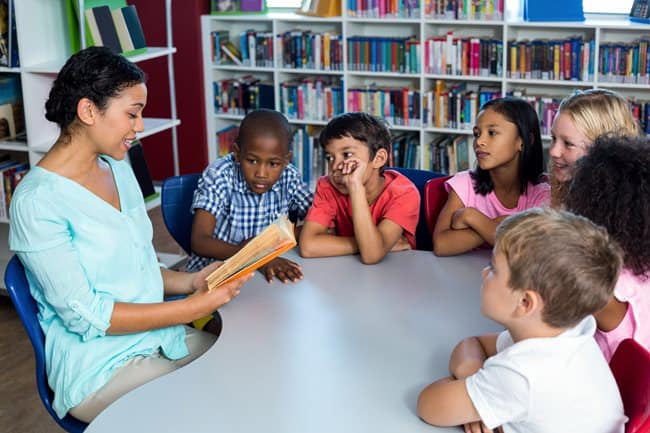
Whilst the economic impact of the UK’s culture sector and the creative industries is well understood by the Government, we don’t believe that the same understanding and recognition exists across Government about the social impact of culture. We hope that the Select Committee inquiry can be a step towards correcting this problem.
Focusing in particular on the benefits of reading, libraries and teaching creative subjects in schools, the SoA argues in our response that engagement with culture has a broad social impact:
- Participation in cultural activity brings a range of social benefits, related to areas such as social mobility, education, community engagement and diversity.
- In order for these benefits to be spread throughout all social groups, it is imperative that the culture on offer reflects the diversity of our society. If children feel that culture reflects and speaks to their own experience, they are more likely to engage and feel empowered to pursue a future career in the culture sector themselves.
- Reading is vital for improving literacy. Low literacy levels carry a considerable social and economic cost, holding back children from low socio-economic groups in particular. More must be done to encourage reading and boost literacy for all children from a young age to increase social mobility and diversity in the workforce.
- Reading for pleasure also has a considerable social impact. Research has found clear links between recreational reading and a range of benefits, including educational attainment, mental and physical well-being, and the development of curiosity, imagination and empathy.
- Libraries are unique amongst cultural institutions in having high levels of participation from less privileged social groups. In order to ensure that the benefits of reading can be realised by all, the library service must be protected and expanded.
- It is vital that creative subjects are taught as part of the curriculum, and that all pupils are exposed to various forms of culture through the education system. A curriculum with a strong emphasis on creative subjects ensures that all children will realise the benefits of culture, boosting social mobility and diversity.
Nicola Solomon, Chief Executive of the Society of Authors, said:
We all know how important participation in cultural activity is. It helps to foster empathy, curiosity and imagination, turning us into more well-rounded and creative human beings, as well as being a source of pleasure and fulfilment. Culture also creates and reinforces communities, helping to break down social barriers and make us a more inclusive society.
Sadly, this is not always recognised by Government, and in recent years we have seen public libraries closed across the country and the teaching of creative subjects in schools scaled back. Meanwhile authors and other creators are struggling to make a living from their work. This will only narrow the pool of people who are exposed to culture and all the benefits it brings.
I welcome the DCMS Committee’s decision to hold this inquiry. I hope that it generates a broad evidence base on the immense social impact of cultural participation, and results in Government policies which widen and diversify the audiences engaging with culture and the arts in the future.
You can read our full response to the consultation here:



